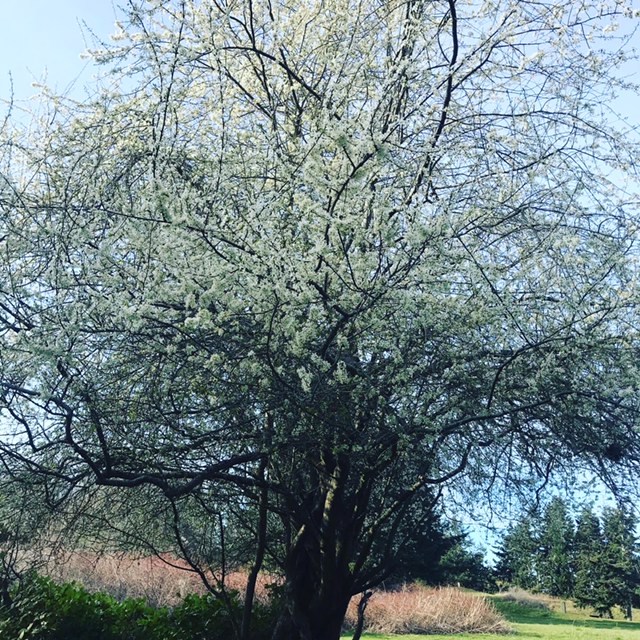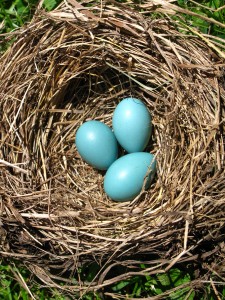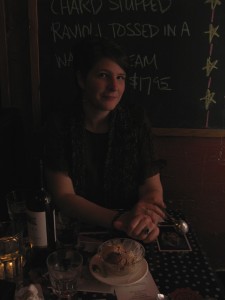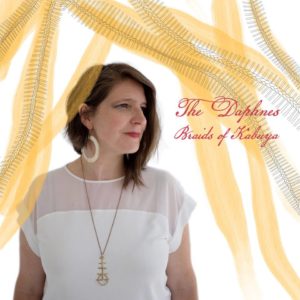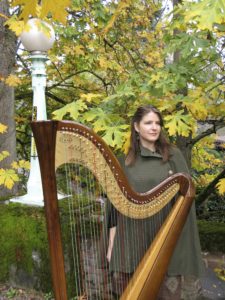In no particular order, I’m sharing some 2021 highlights playing harp, teaching, and writing.
Centrum Artist Residency
I spent the month of March 2021, in Port Townsend, WA, on a truly regenerative and inspiring retreat. Through Centrum Foundation and Fort Worden, I was able to live in a cabin on the edge of the woods where the Straight of Juan de Fuca flows into Puget Sound, watch eagles and deer at my door every day, beachcomb, hike, and oh, yeah, squeeze in a little work! Focus of my work was on Harp Escape compositions and arrangements, as well as solo improvisations (like this one) and with my friend Josh Rawlings.
Harp Escape Make-Over
Since 2019, I have been working on Harp Escape, a therapeutic harp series of meditative audio and video. During this time, I’ve recorded nearly 200 audio tracks and done over 60 posts of writing, video and sheet music arrangements for Patrons! That is a lot for me to feel good about, as far as general productivity goes. Harp Escape is having a make-over this winter. In 2022, I’ll be moving forward with edits on individual tunes, then releasing singles on the various streaming platforms.
Making Music a Healing Process
This pandemic time continues to challenge all of us, so how can we include well-being in our daily work? I was asked to be guest speaker for Seattle Music Teacher’s Association in March of last year, talking about how to merge teaching with healing. It almost seems imperative to do so. As a Certified Clinical Musician, I thought about the mindset I put myself in, in order to play bedside music for people in physical pain or suffering from anxiety and grief. Much of that mindset can be applied to how I play music in general, so I like to share that with students. In this post, I wrote up 5 ways how to make playing music a healing process.
1st Live Concert in 20 months!
In December 2021, I played my first public concert since March 2020 lockdown. Looking Glass Coffee, a sweet café in Snohomish, WA offered the perfect backdrop for an afternoon harp music: red velvet curtain stage, high vintage tin ceilings, and killer coffee. We were all so pleased, I’ll definitely be making another Sunday afternoon come back in the New Year. The pandemic continues to be a dicey time for performing live music, and I am thrilled to have a found a welcoming venue that matches harp music so well!
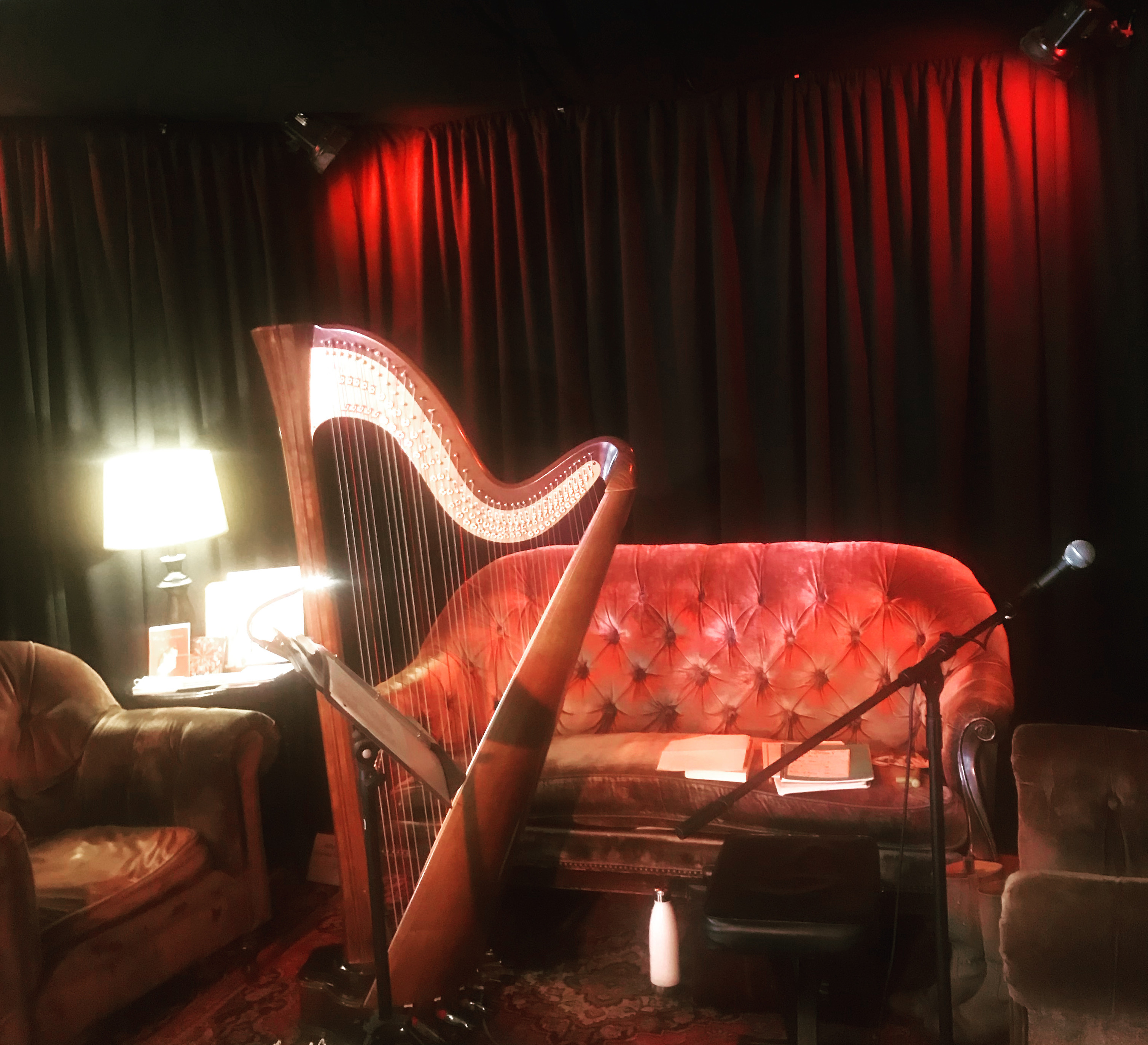
Poor Wayfaring Stranger
I wrote about the history of “Poor Wayfaring Stranger,” a traditional American folk song, and arranged a lead sheet available at Puget Sound Folk Harp Society.
10 Tips on How to Improvise on Harp
I’ve been a fan of creative self-help inspirational books for years. From Natalie Goldberg to Stephen Nachmanovich, I’ve been studying prompts, quotes from the masters, and artist psychology for a long time. This Top 10 list for harpists helps unleash the timid player – many harpists are classically trained or play traditional Celtic tunes. Improvising for anyone can feel like uncertain territory. These tips take you back to “beginner’s mind.”
Circle of 5ths 2.0 Virtual Harp Course on Udemy
I pre-recorded a workshop for the first time! This is a major accomplishment for me, and I put many hours into creating a class on demystifying a tricky musical topic: The Circle of Fifths. The class is available on Udemy and is at advanced beginner – advanced intermediate level.
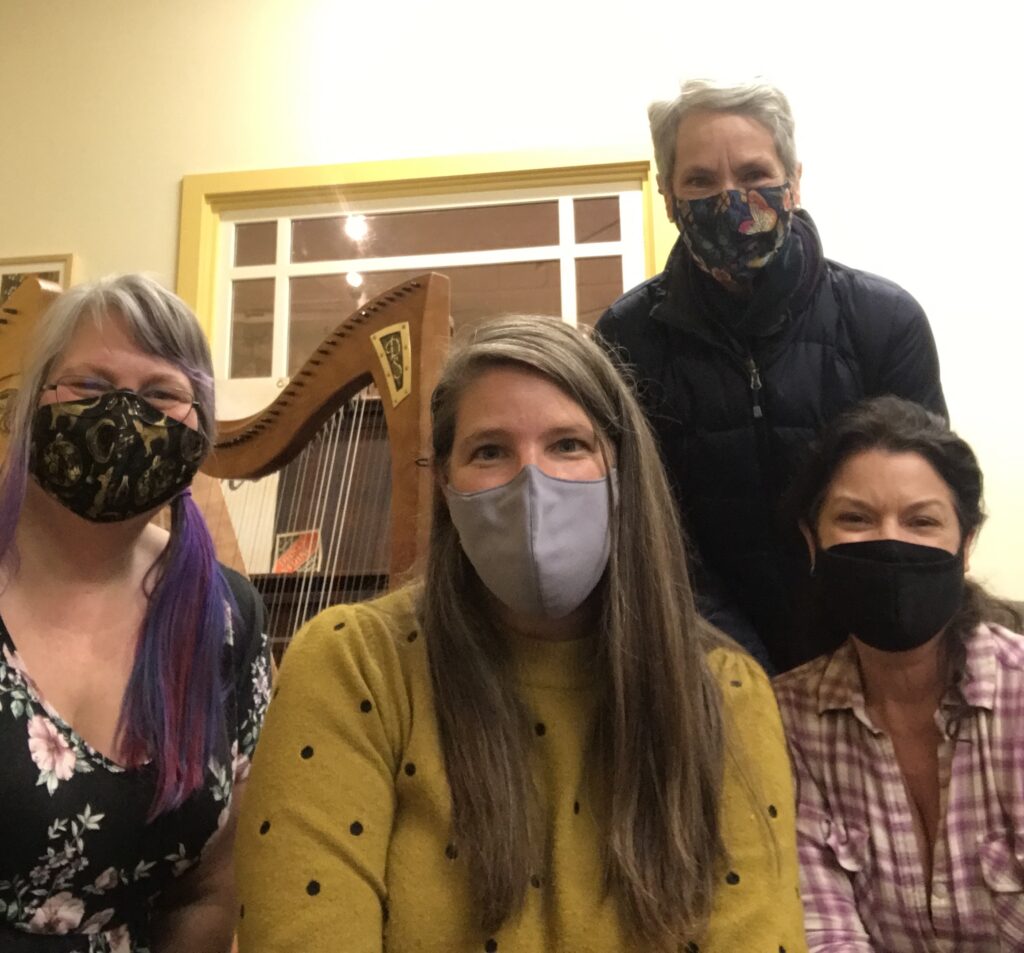
Harp Seattle Workshop – Let’s Harp Together
Another first: I taught my first in person group workshop in over 2 years! The theme of Let’s Harp Together, got everyone playing songs together – something none of us had done since the pandemic. It was wonderful hearing all the harps vibrating together (it was a few hundred strings!). Thanks go to Harp Seattle and Dusty Strings.
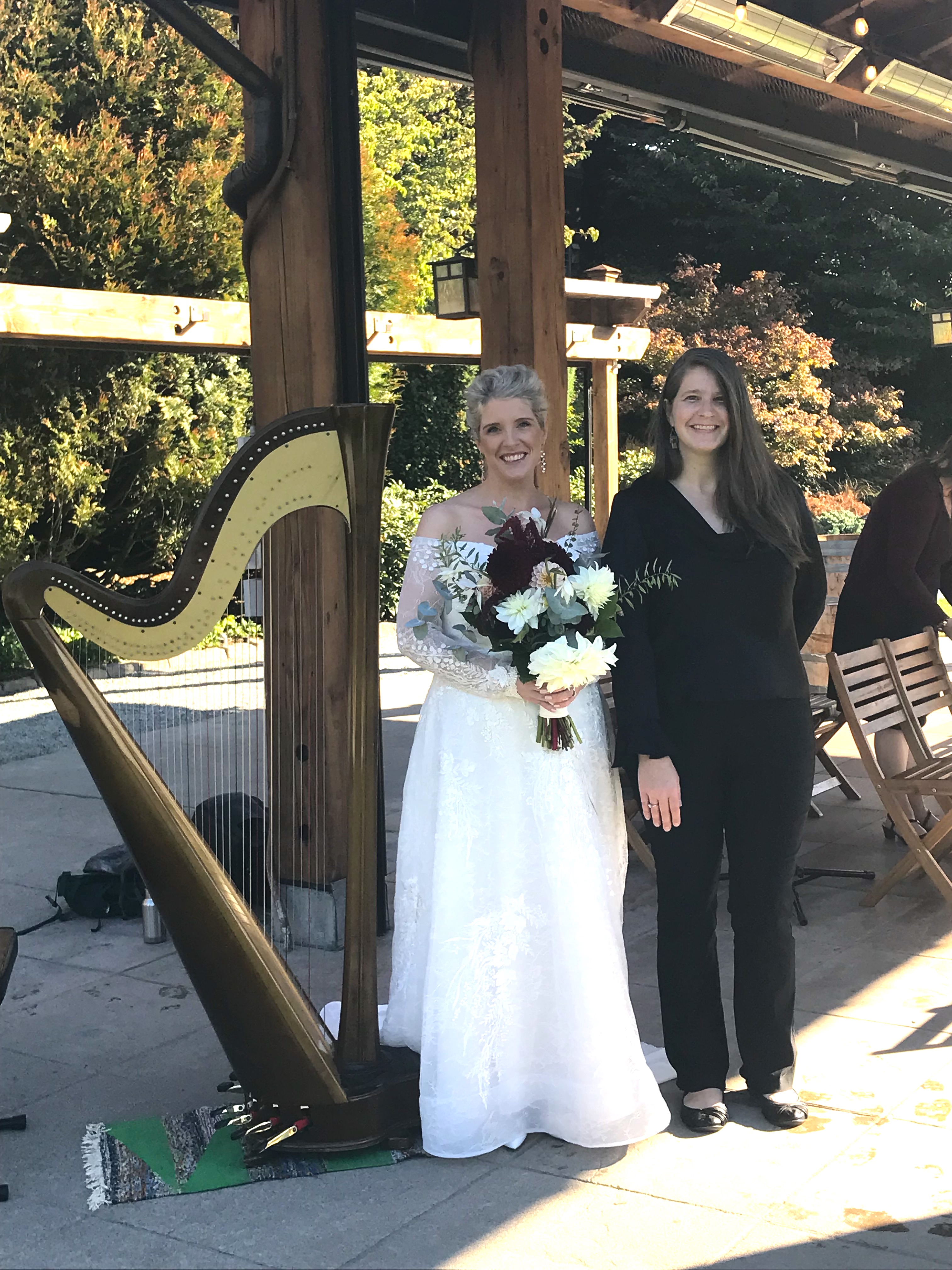
Return of the Wedding Ceremony
My guess is that I’ve played music for about 500 weddings and counting. Most of my summers are booked out for months. 2020 was different. By the end, I had played a mere three weddings, which I suppose was good all considering. While 2020 ceremonies were very intimate and minimal, 2021 was a return to my usual full calendar, larger gatherings (though masked of course). I played for more than one couple who had re-booked their ceremony more than three times! Once more, it was such a pleasure to return to playing harp for another season of wedding of couples, including some really amazing natural scenery at the Treehouse Point, Leavenworth and at Mount Rainier. I feel so lucky!
